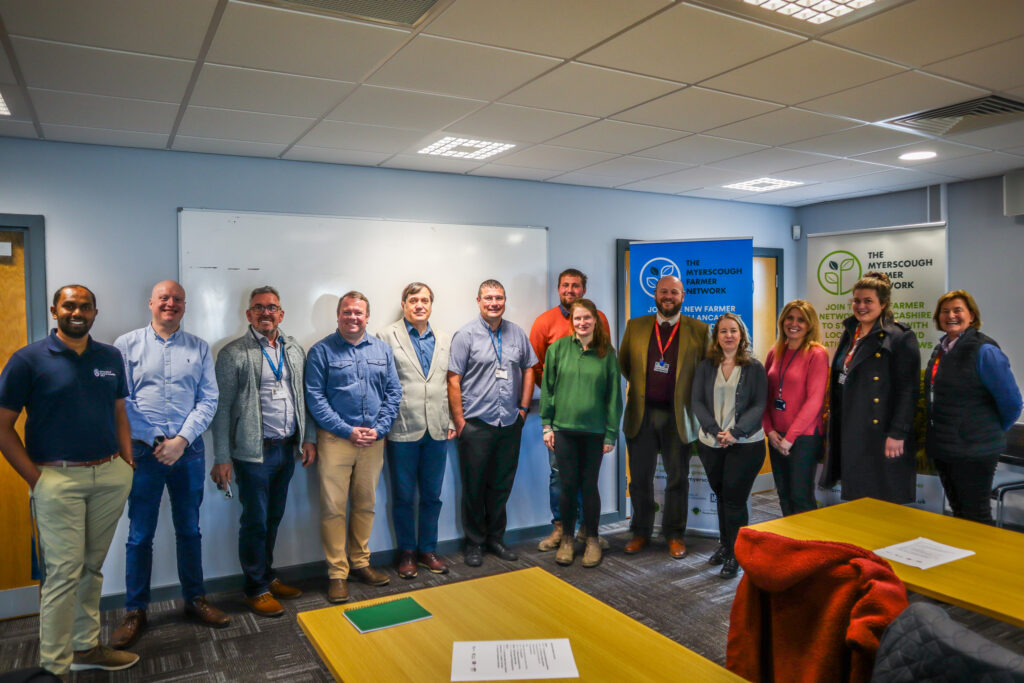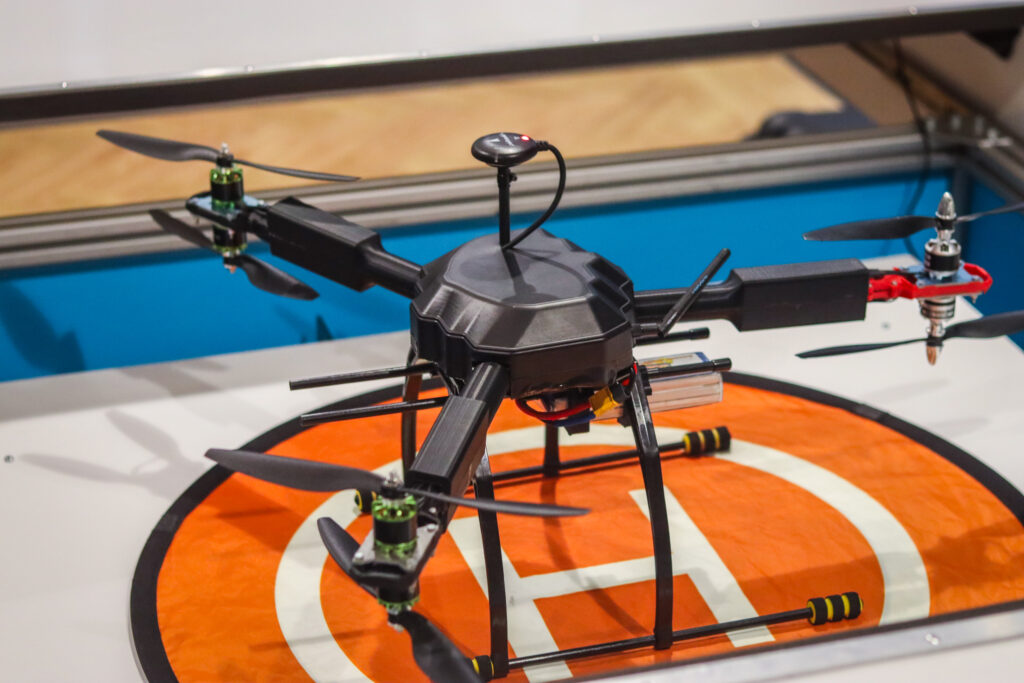
Welcome to an exciting update from the frontlines of agricultural innovation! The Farming Innovation Programme, a collaborative effort funded by DEFRA and delivered by Innovate UK, has embarked on a journey to transform the agricultural landscape. This initiative, running from May 2023 to April 2024, brought together E&J Farming, the University of Central Lancashire (UCLan), and Myerscough College to explore early-stage solutions aimed at boosting productivity, sustainability, and resilience in farming. Let’s delve into the groundbreaking advancements achieved and the future of drone technology in agriculture.

Project Overview
At the core of this Lancashire-based project was the innovative use of drones. These high-tech tools were employed to count animals and use thermal imagery to detect health anomalies, significantly enhancing the efficiency of cattle welfare inspections. This revolutionary approach aims to automate laborious tasks, reduce manual labour, and improve overall operational efficiency on farms.


Key Achievements
- Boosting Productivity
By automating animal counting and health inspections, drones have drastically reduced the time and labour traditionally required for these tasks. This technological leap has translated into improved productivity for farmers, enabling them to focus on other critical aspects of farm management.
- Promoting Sustainability and Resilience
The use of drones minimises the need for fuel consumption and reduces the impact of ATVs on soil, contributing to more sustainable farming practices. This aligns perfectly with the project’s goal of transitioning towards net-zero emissions.
- Encouraging Collaboration and Innovation
The collaboration between UCLan, Myerscough College, and local farmers has been instrumental in developing and refining new technologies. This partnership has demonstrated a strong commitment to driving agricultural innovation through collaborative efforts.
Testimonials from the Field
Stephen Taylor, Lancashire Farmer:
“The AI and thermal imaging capabilities of drones are impressive. Although current regulations limit autonomous operations, shared use among farms could enhance viability. The potential for drones to identify health issues or signs of birthing in livestock is particularly promising.”
Jane Grime, Lancashire Farmer:
“Drones save time on routine checks and enhance farm security. While they won’t replace all human inspections, collaborative usage among neighbouring farms could maximise benefits.”
Victoria Bracken, Farmer in Lancashire and Yorkshire:
“Regular drone checks save time and help identify cows needing assistance during calving, reducing stress for the cows and minimising calf losses. For sheep farmers, remote drone flights would help with flock health and numbers, especially for those with grazing land far from their farm holdings. With the reduction of the Basic Payment Scheme, beef and sheep farmers face financial challenges. Introducing Farming Innovation grants for drones could help modernise farming, saving time and money while improving animal welfare.”
John and Eden Hill, E&J Farming, Lancashire:
“Developing the drone prototype has been exciting, especially amid rising costs and labour shortages. Sharing this technology with neighbouring farms makes it more feasible. It allows us to efficiently monitor large areas, quickly address issues, and improve animal welfare.”
Darren Ansell, Professor of Aerospace Engineering, UCLan:
“Drone technology is set to revolutionise farming, performing dull and repetitive tasks efficiently. The system we developed has proven that drones can conduct cattle welfare inspections and provide early alerts for health anomalies.”
Andrea Gardner, Director of Farming and Innovation, Myerscough College:
“Drones make farm work easier and improve animal care. This project has shown the real benefits of drone technology in monitoring animal health and cutting costs. We’re excited to further improve these technologies to meet modern farming needs.”
| Objective | Achieved? |
| Deskilling the use of drones | Yes – speedy training and confidence in use |
| Time savings | Yes – 14 hours of labour saved during the lambing (28 days) period alone |
| Cost Savings | Yes – 112 miles less driven due to drone inspections in the above time period, saving ~£43 in fuel |
| Reduce reliance on fossil fuels | Yes – 29 litres of fuel saved in the above time period (savings of ~55kg carbon) |
| Increased resilience | Yes – time savings have allowed to efficiency elsewhere |
Veterinary Insights and Health Monitoring
While drones are not suitable for fertility monitoring, their capability to identify general health issues and deceased animals has proven invaluable. A notable case was when a cow with mastitis wandered off into an overgrown 140-acre area. Traditional methods of locating and treating her would have been time-consuming and less effective, but the drone quickly identified her location. This prompt intervention allowed for immediate treatment, showcasing the drone’s significant role in improving animal welfare and the efficiency of farming operations in challenging terrains.
Farmgate Veterinary Service:
“The attempt to track a cow’s fertility cycle using drone thermal imaging was unsuccessful due to environmental factors like weather conditions affecting the cow’s external temperature, and the limitation of not being able to measure internal temperature using a drone. However, drone thermal imaging effectively detects localised high temperatures, often indicative of infection. Further testing is necessary to determine the temperature variance required from the rest of the body before indicating the need for medical attention. Additionally, exploring the camera’s accuracy from greater distances on localised small infection sites would be of interest.”

Future Prospects and Demonstration
- Expansion and Testing: To advance the proven concept, attending Farmer Innovation Programme networking events and applying for further Innovate feasibility funding will support further consultation, development, and testing of the drone-in-a-box on a larger scale.
- Demonstration: A further demonstration event will be held at Myerscough College on 9th June for Open Farm Sunday, where the drone-in-a-box will be demonstrated, project results shared, and consultations with a wider reach of farmers will take place to support the feasibility stage of the project.
- Market Readiness: Preparing the drone for the market involves addressing regulatory challenges and improving the system’s robustness through real-world testing.
- Technical Papers: Submissions to the Biosystems Engineering journal and presentations at the European Conference on Precision Livestock Farming highlight the project’s academic contributions.
Conclusion
The Farming Innovation Programme has made significant strides in enhancing agricultural productivity, sustainability, and resilience. With continued development, especially of the innovative drone-in-a-box system, the future looks promising for the integration of drone technology in farming. Watch the Video showcasing the project’s achievements.
We invite you to join us on this exciting journey towards a more efficient and sustainable agricultural future at Myerscough College on 9th June for Open Farm Sunday and meet the team behind this revolutionary project. Experience a practical demonstration of drone technology and witness first hand how it can transform farming operations. This event is an excellent opportunity for local farmers and agriculture businesses to explore the potential benefits and applications of drones in their daily operations.



